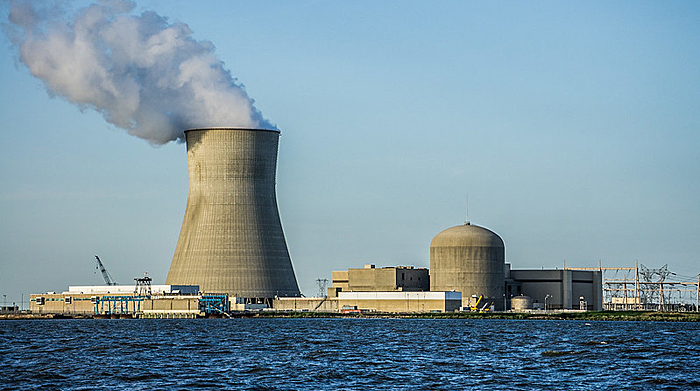How the Inflation Reduction Act Benefits Nuclear Power Plants

Image courtesy of Peretz Partensky under Attribution-ShareAlike 2.0 Generic License, resized to 700 x 391 pixels.
Despite accounting for 20% of the U.S. electricity mix, the nuclear power industry has been on life support for many years. But a tax credit in the Biden Administration’s Inflation Reduction Act could provide the struggling industry with a lifeline. Read on for the details of what this tax credit is and why it exists.
Details of the Inflation Reduction Act Tax Credit
The landmark climate bill would provide an estimated $30 billion subsidy to existing nukes over the next decade. The reason for the provision is that nuclear power is a carbon-free source of electricity, and as such it is critical to the nation’s efforts to reduce greenhouse gas emissions.
Yet despite the clean nature of nuclear power, due to sky-high construction costs, only one new nuclear plant was brought online from 1996-2016, even as old plants have gotten decommissioned. This new tax credit aims to help turn that around.
Assuming the bill is signed into law, nuclear plants would automatically be eligible for a minimum credit of 0.3 cents per kilowatt-hour. For nuclear plants paying higher-than-average wages for their geographic area, this credit could increase up to 1.5 cents per kWh.
Clearly, this would be a boon. Unfortunately, we can only speculate how much of a boon it will turn out to be. Construction costs aren’t going down anytime soon, and there is a perceived safety issue whether deserved or not. But at a minimum, it provides a sliver of hope for an industry that many would like to see shuttered.
The bottom line is that the Inflation Reduction Act offers multiple benefits, not only for nuclear power but also for climate goals in general. In either case, it would indirectly benefit utility emergency preparedness efforts – climate change mitigation would help stop the bleeding when it comes to increasingly volatile weather, and retaining sources of supply would only help reliability. Let’s hope the benefits pan out as expected.



